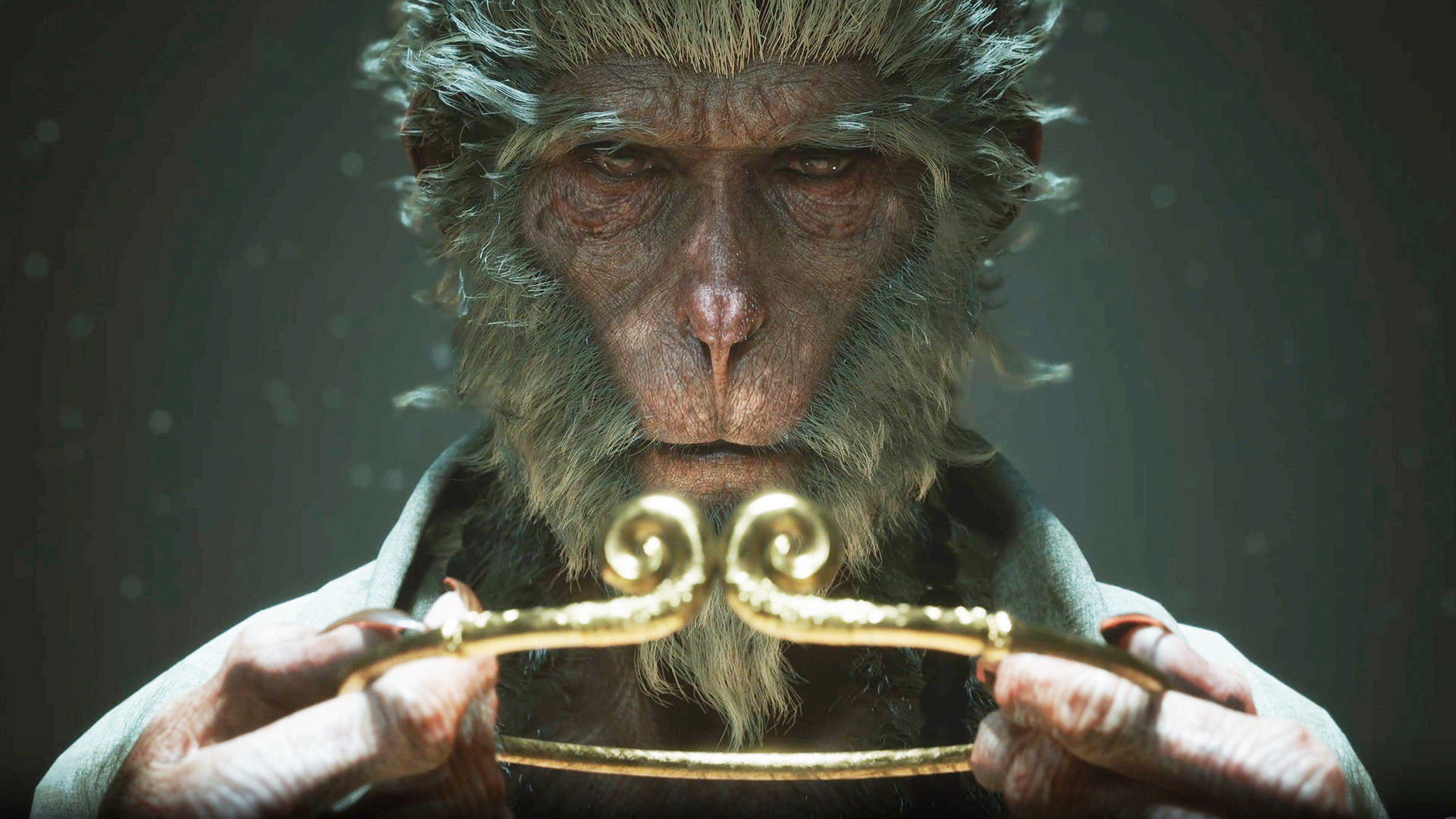
Simone Del Rosario
China’s first foray into big budget gaming is a success, but it’s coming with accusations of censorship.
“Black Myth: Wukong,” is inspired by the Chinese epic “Journey to the West.” Its Chinese developer, Game Science, is backed by Chinese tech conglomerate Tencent, although it holds just a 5% stake in the company.
Chinese media say it’s the most expensive game ever developed in the country, the budget exceeded $50 million and it’s considered China’s first AAA game.
So far, so good. The game is lauded by reviewers and users alike. It has a “generally favorable” score of 81 on review aggregator metacritic.
And it’s the most played game on PC-storefront Steam with more than 2.2 million concurrent players on Wednesday.
Despite those glowing reviews, French streamer and games journalist Benoit Reinier, who goes by the handle Ex Serv, says he’s never seen anything so shameful in his 15 years doing this job. Ahead of the release, reviewers like him who got advanced copies, also got a list of topics to avoid, in Reinier’s words, to censor themselves.
Beijing-based Hero Games sent a document that included a list of “DON’Ts” for “Black Myth: Wukong” content.
Reviewers were told to avoid “trigger words” like “quarantine,” “isolation” and “COVID-19.”
Let’s dig into that first. China faced mass protests in 2022 over its strict “zero-Covid” restrictions, which included lockdowns in major cities. Not to mention the proliferation of the term “China Virus” that manifested in the immediate aftermath of the pandemic. The Chinese government, for its part, continually denies any evidence of the Wuhan lab leak theory.
Back to the game, another bullet states “Do NOT include politics, violence, nudity, feminist propaganda, fetishization and other content that instigates negative discourse.”
I’m pretty unclear what they mean by “feminist propaganda,” and why it’s included with fetishization and nudity.
Though a report from France24 in July says the CCP wants women to focus on motherhood and the home and has cracked down on feminist activities, like talking about discrimination, inequality, and striving for independence.
China locked up a journalist for writing about the #metoo movement, saying she’s guilty of subverting state power.
Ok more rules for users of the game, do not “discuss content related to China’s game industry, policies, opinions, news, etc…”
China famously made efforts to reduce video game addiction in young people including limiting gametime to no more than 90 minutes on weekdays and three hours on weekends and holidays. It also banned incentive-based gaming rewards that can lead to spending more in game.
Despite the censorship controversy, the game still secured $56 million in pre-orders according to Citi.
Chinese-produced games don’t usually make a global impact. Goldman Sachs says the immediate success of “Black Myth: Wukong” opens the door to more Chinese Triple-A games on the global market.
Users and reviewers alike praise the combat mechanics, fun boss fights and the stunning scenery.
Black Myth doesn’t include microtransactions which have become commonplace in pretty much every major game released recently. That means the developer and publisher are only relying on the one time price of the game.
But Chinese state-owned paper Global Times says the important thing is “China is finally getting its own AAA game that can excite the world.”
The game is available on PC and Playstation 5 but won’t hit Xbox platforms until a later, unspecified date.











